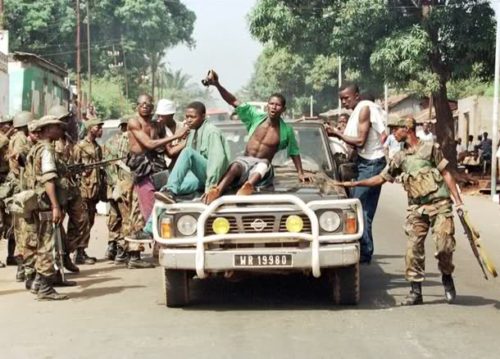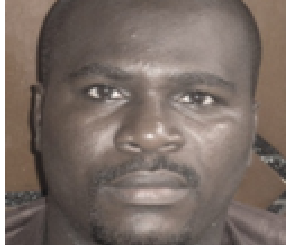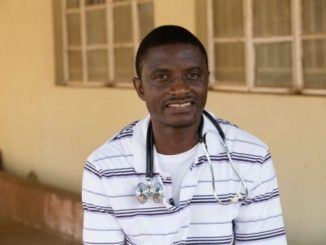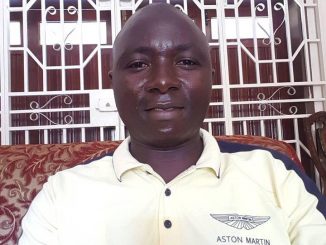
On Tuesday, 18 January 2022, the Residual Special Court for Sierra Leone in collaboration with the Freetown-based think tank – Centre for International Law and Policy in Africa (CILPA), commemorated today the 20th anniversary of the formal end of Sierra Leone’s civil war and the signing, two days earlier, of the Agreement between the United Nations and the Government of Sierra Leone which set up the Special Court.

The declaration of the end of the war put an end to a conflict which saw tens of thousands killed and maimed, and hundreds of thousands displaced or in refugee camps.
The signing on Tuesday was followed by a ceremonial burning of arms in Lungi, across the river estuary from the capital Freetown.
On 16 January 2002 the Special Court Agreement was signed between the United Nations and the Government of Sierra Leone, setting up the world’s first hybrid tribunal, mandated to try those deemed to bear the greatest responsibility for serious crimes committed during the war, after 30 November 1996.
The Court closed in December 2013 after successfully completing its mandate.
Tuesday’s event, held at the Sierra Leone Peace Museum on the grounds of the former Special Court, heard from representatives of Parties to the Agreement, with UN Under-Secretary General for Legal Affairs Miguel de Serpa Soares, Under-Secretary representing the United Nations, and former Attorney-General and Minister of Justice Anthony Y. Brewah representing the Government of Sierra Leone.
Justice Jon Kamanda, the President of the Residual Special Court gave the welcoming statement on behalf of the Court and the Judges. Welcoming and opening remarks were also given by RSCSL Registrar Binta Mansaray, and CILPA founder Prof. Charles C. Jalloh.
Other keynote speakers were David M. Crane, the Special Court’s first Prosecutor, Simone Monasebian, the Special Court’s first Principal Defender, and Madam Musu Jatu Ruhle, the Dean of the Diplomatic Corps.
A panel discussion, Reflections on the Legacy of the Special Court for Sierra Leone, moderated by Prof. Charles C. Jalloh, was comprised of representatives of the Residual Special Court, Civil Society, academia, and a representative of Sierra Leone’s Paramount Chiefs.
A second panel discussion, Reflections on the Legacy of the Truth and Reconciliation Commission, moderated by former Special Court Deputy Prosecutor Joseph Fitzgerald Kamara, included former national and international Commissioners of the Truth and Reconciliation Commission, former principals of the Special Court, a representative of the Paramount Chiefs, and a representative of the War Wounded and Amputees Association.
The event ended with a tour and dedication of the Peace Museum’s Memorial Garden. The Garden was dedicated in a solemn ceremony by Sierra Leone’s former Attorney-General and Minister of Justice, the Chief Justice, the President of the Residual Special Court, and war victims.
The Memorial Garden includes symbolic mass graves from each of the country’s 16 districts, which were unveiled by war victims



